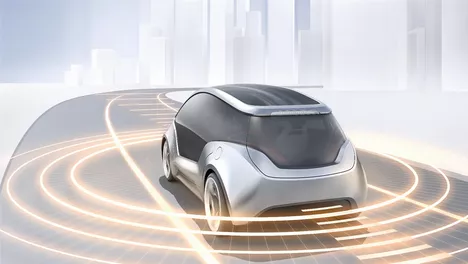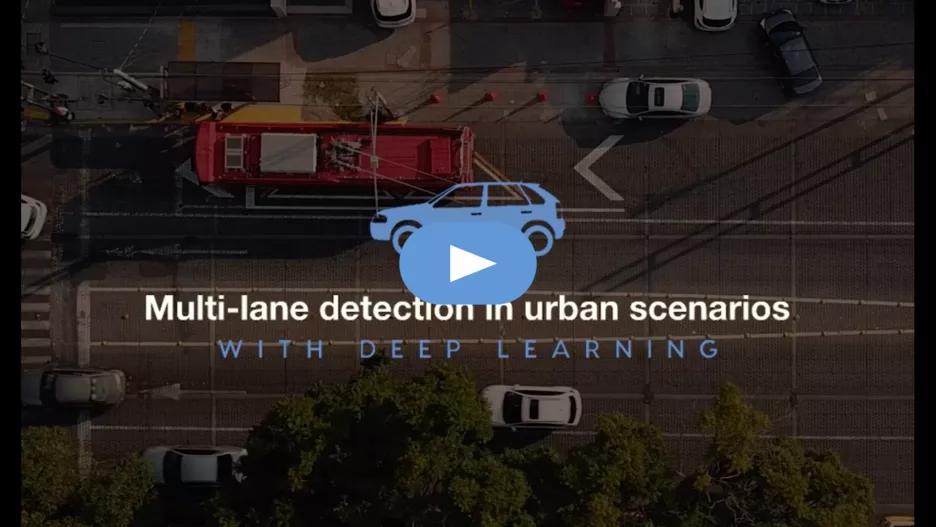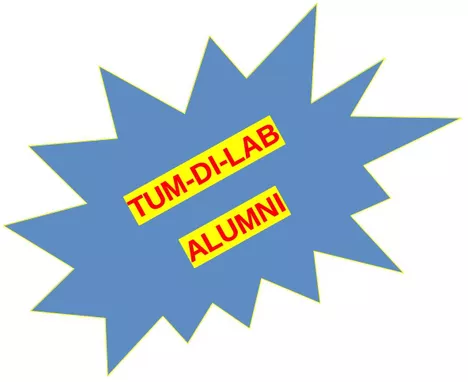Multi-lane Detection in Urban Scenarios with Deep Learning
This project took place in summer term 2021, you CAN NOT apply to this project anymore!
Results of this project are explained in detail in the final report and video below:
- Sponsored by: Robert Bosch GmbH
- Loop of knowledge: M.Sc. Nikolay Kadrileev
- Project Lead: Dr. Ricardo Acevedo Cabra
- Scientific Lead: M.Sc. Nikolay Kadrileev, Dr. Joel Janai
- TUM Co-Mentor: PhD Candidate Michael Rauchensteiner
- Term: Summer semester 2021

At Bosch Mobility Solutions, we develop technologies covering all levels of automated driving and parking. Already today, our products enable automated functionality in vehicles, such as highway assist, which supports the driver and takes over the longitudinal and lateral guidance of the vehicle on highways.
Lane estimation plays a crucial role in driver assistance systems. Moreover, the reliable detection of lanes is an important milestone in enabling autonomous driving. State-of-the-art algorithms already achieve high lane detection rates in simple situations, for example, on highways. However, urban scenarios still represent a major challenge for lane detection algorithms. Those scenarios include splitting and merging of lane markings, heavily curved lanes, and disturbances by other road markings, e.g., zebra crossings or direction arrows. In addition, bad weather as well as road conditions and the constant obstruction of the view by other traffic participants further complicate the detection task.
The goal of this project is to develop a lane detection algorithm based on Convolutional Neural Network (CNN) architectures, which will focus on estimating lane positions in challenging urban environment on an industry dataset. Your tasks will include:
- Analyzing and preparing the provided dataset with urban scenes for further processing.
- Annotating lane lines and types in Bosch dataset
- Choosing an appropriate state-of-the-art CNN and adapting its architecture for tackling challenging scenes.
- Tuning training parameters of the developed CNN to improve the performance.
- Visualizing and analyzing detected lanes.
- Comparing the performance with other CNNs.
Accepted students to this project should attend (unless they have proven knowledge) online workshops at the LRZ from 06.04.2021 - 09.04.2021 (9:00 AM to 5:00 PM). More information will be provided to students accepted to this project.

